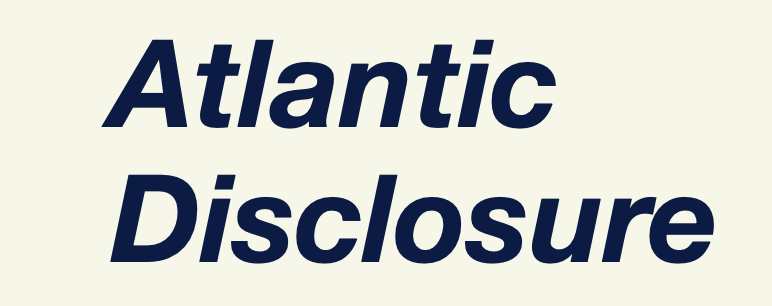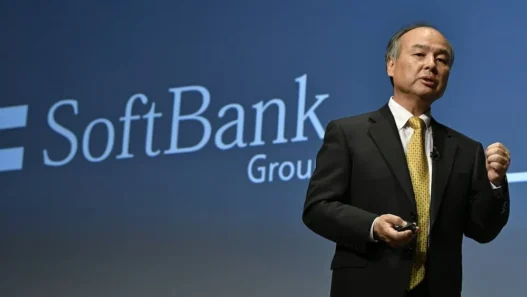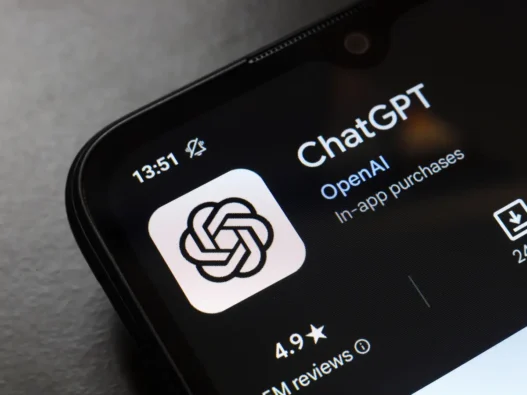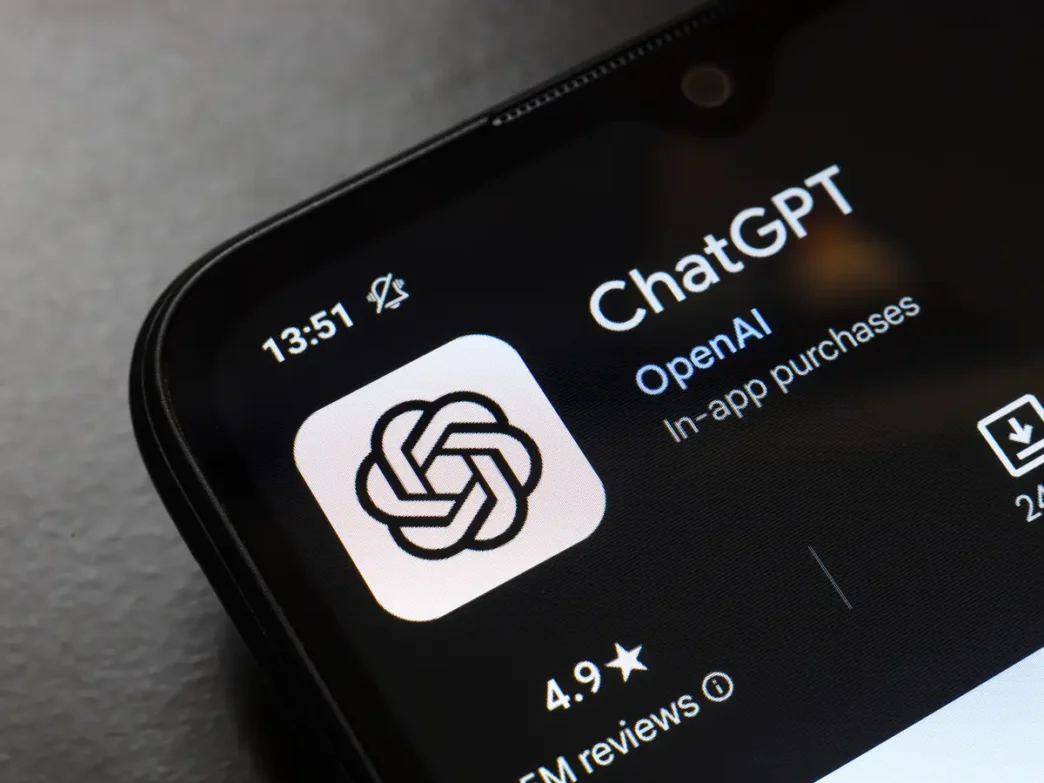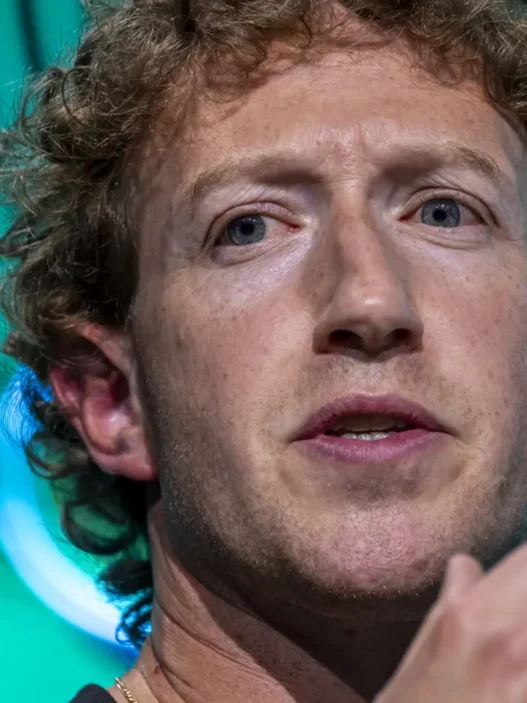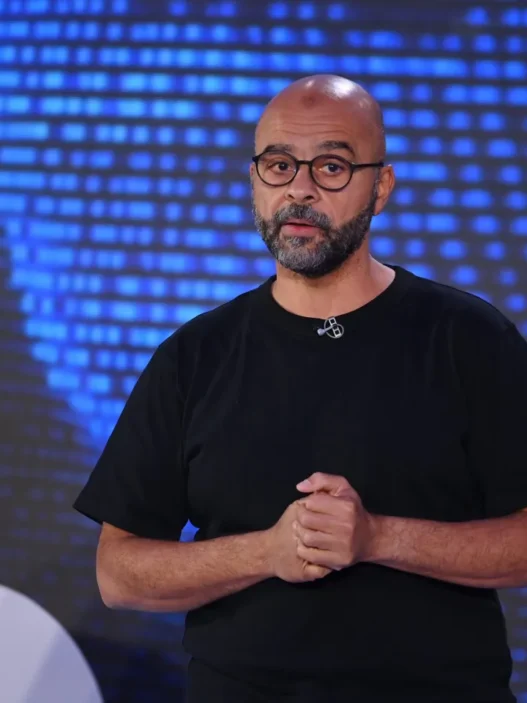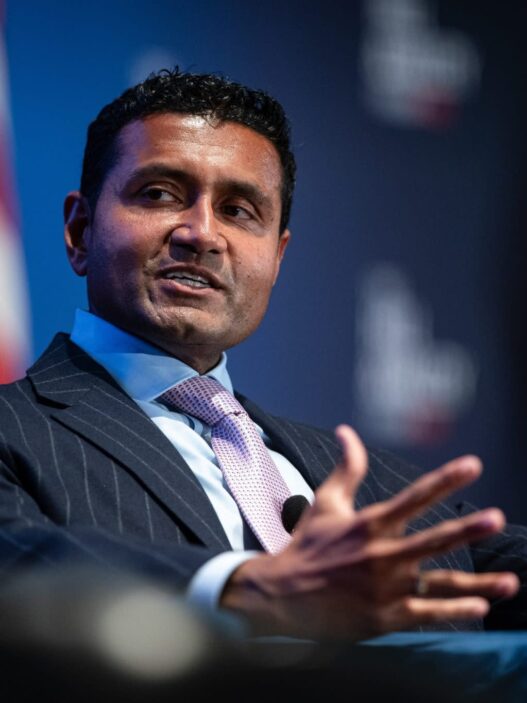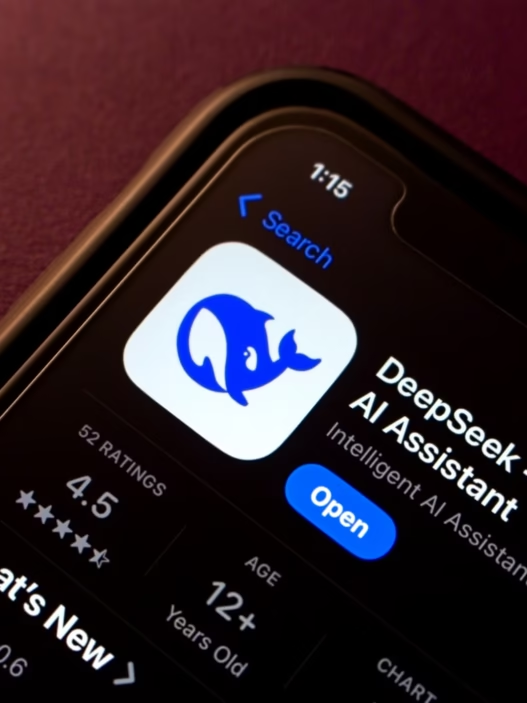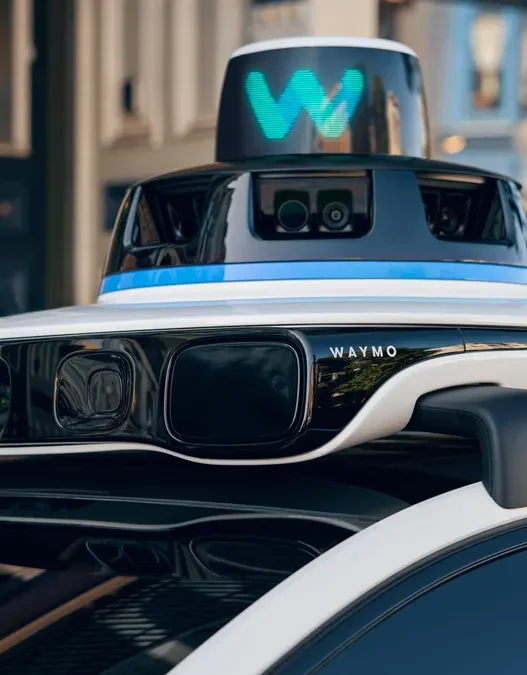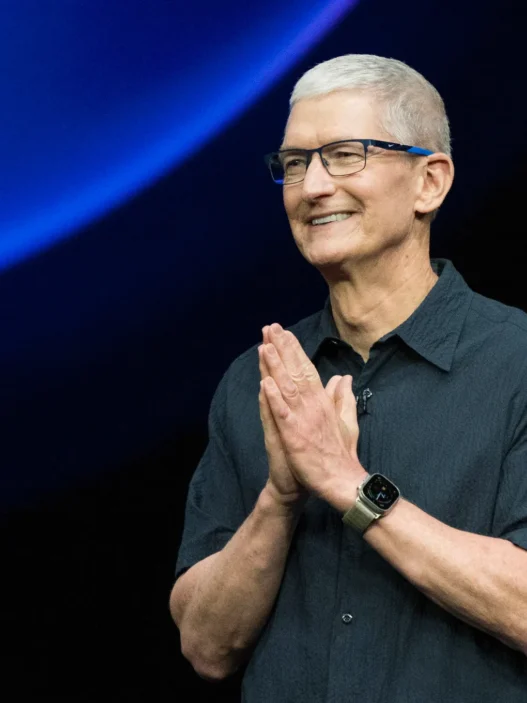OpenAI has officially announced that ChatGPT conversations will no longer be indexed or discoverable on Google Search, marking a pivotal move aimed at strengthening user privacy and control over AI-generated content.
A Significant Privacy Update
Until now, certain publicly shared ChatGPT conversation links could be found through Google searches, allowing external visibility of AI interactions. However, OpenAI’s latest policy change ensures that conversations remain private unless users intentionally share them, eliminating the possibility of unintended exposure.
The decision underscores OpenAI’s commitment to data security and comes as AI tools become increasingly embedded in personal, professional, and corporate workflows. From confidential business planning to personal inquiries, ChatGPT is frequently used in contexts where privacy is paramount, making this update a key step toward fostering trust.
Why OpenAI Made the Change
The move aligns with rising global concerns around AI-driven data handling and online privacy. As AI adoption accelerates, there is growing scrutiny over how platforms manage user information and whether AI-generated content could inadvertently leak into public domains.
By preventing ChatGPT conversations from appearing in search results, OpenAI is responding to user demands for tighter control and data governance—especially in light of new AI regulations emerging across the EU, US, and Asia.
Impact on Users and Businesses
For individuals, this update means more private and secure interactions within ChatGPT. Users will no longer need to worry about casual conversations or sensitive prompts becoming discoverable. For businesses that integrate ChatGPT for internal tasks—such as document drafting, market analysis, or customer support—the added layer of privacy is particularly crucial.
Balancing Accessibility and Control
While restricting indexing reduces public discoverability, OpenAI maintains the option for users to manually share conversations via unique links when collaboration or demonstration is required. This ensures that ChatGPT remains a tool for both private use and controlled sharing, striking a balance between security and utility.
The Bigger Picture: AI and Privacy
This policy shift comes amid heightened scrutiny of AI platforms and their data practices. OpenAI’s decision signals a broader industry trend toward enhancing transparency and respecting user autonomy in the age of generative AI.
As AI technologies continue to evolve and permeate everyday life, such measures will likely become standard practice, redefining how companies handle the intersection of AI innovation, privacy, and user trust.
